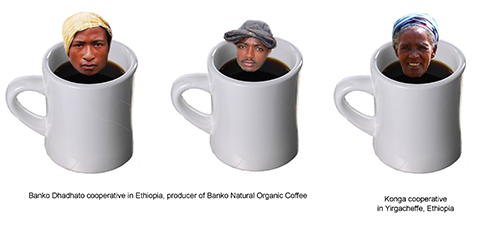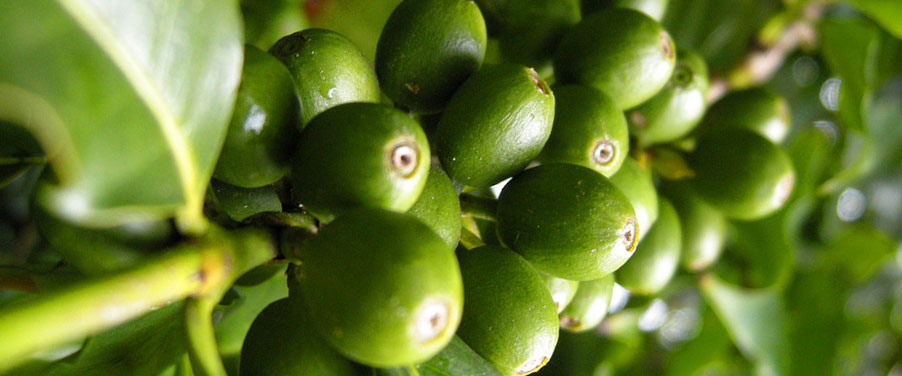photo source: https://www.flickr.com/photos/digika/4966613367
Permaculture and Coffee Component
This component of the Case Study assignment asks each group to create short written explorations of the following disciplinary perspectives as they relate to coffee and terroir. Your text should be 200-250 words for each of the four required perspectives, plus 200-250 words for your choice of a fifth perspective. Please use notes and insight from your field work in Olympia as springboards for your “Business” perspective. Similarly, notes and insight from the Anthropocene and Art Lectures Series should be referenced as springboards if you choose as your optional perspectives “art” or “climate.” Include a minimum of one image that illustrates your text for each perspective. Maps, graphs, and charts are encouraged. Include a caption with image attribution for each visual resource. Include at least two references, fully cited, one of which can be a program text.
2a) Required Disciplinary Perspectives:
i) Cultural Studies, ii) Geology/Soils, iii) Natural History, iv) Business (entrepreneurship, marketing and advertising, product development, economics, labor, or consumer relations as considered in relation to alumni lectures and tastings in class and during field trips).
2b) Choices for 5th Perspective: literature, art, agriculture, labor, colonial history, gender studies, geography, climate change, anthropocene, music, philosophy.
2c) The final part of this component is the Integrative Question. Answer this question, also in 200-250 words, including at least 1 image and 2 fully cited references.
Integrative Question: Using a permaculture design lens, outline an ideal coffee production and distribution system that integrates all disciplinary learning to satisfy the ethics of earth care, people care and fair share.
*Note: References should be peer-reviewed journal articles when available and appropriate, then books, then websites. Include references for all electronic resources. We’ll be learning Zotero in this program to generate electronic bibliographies, which we’ll link to our websites.

